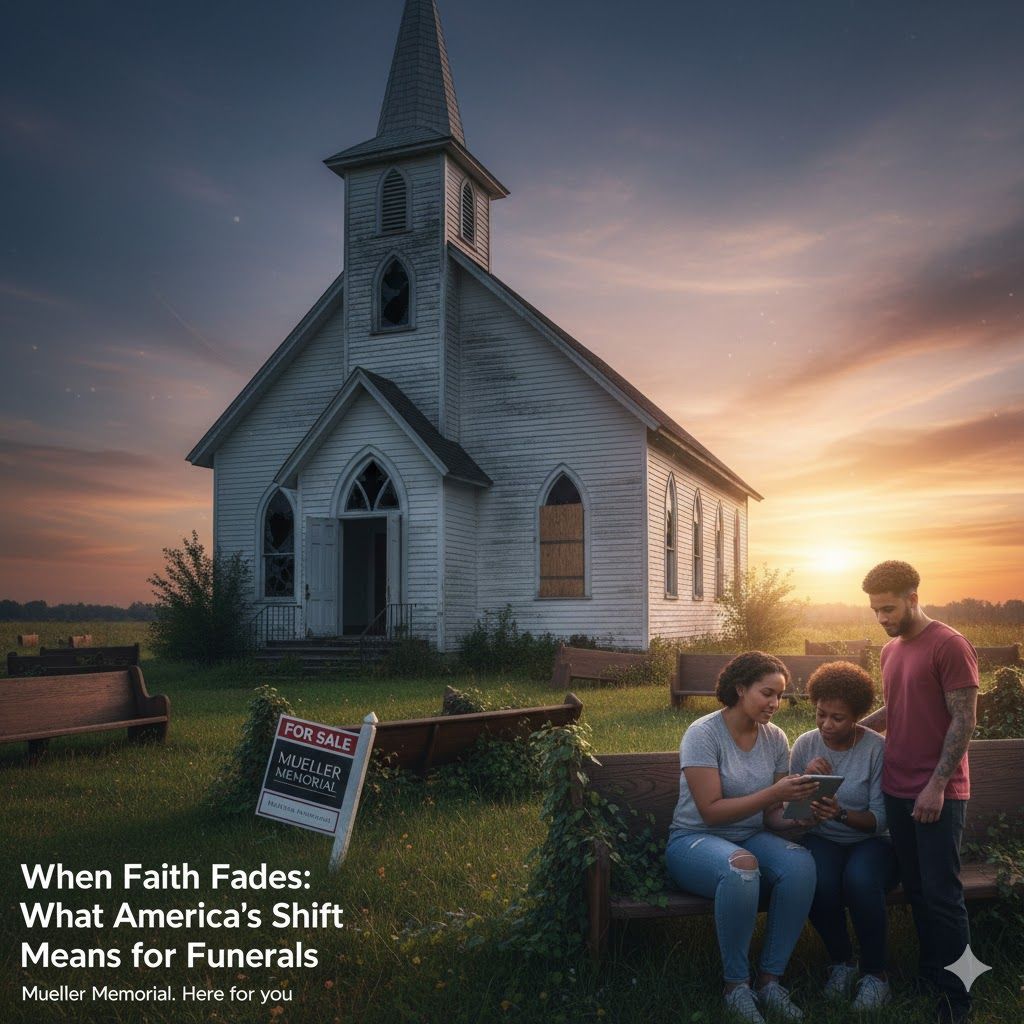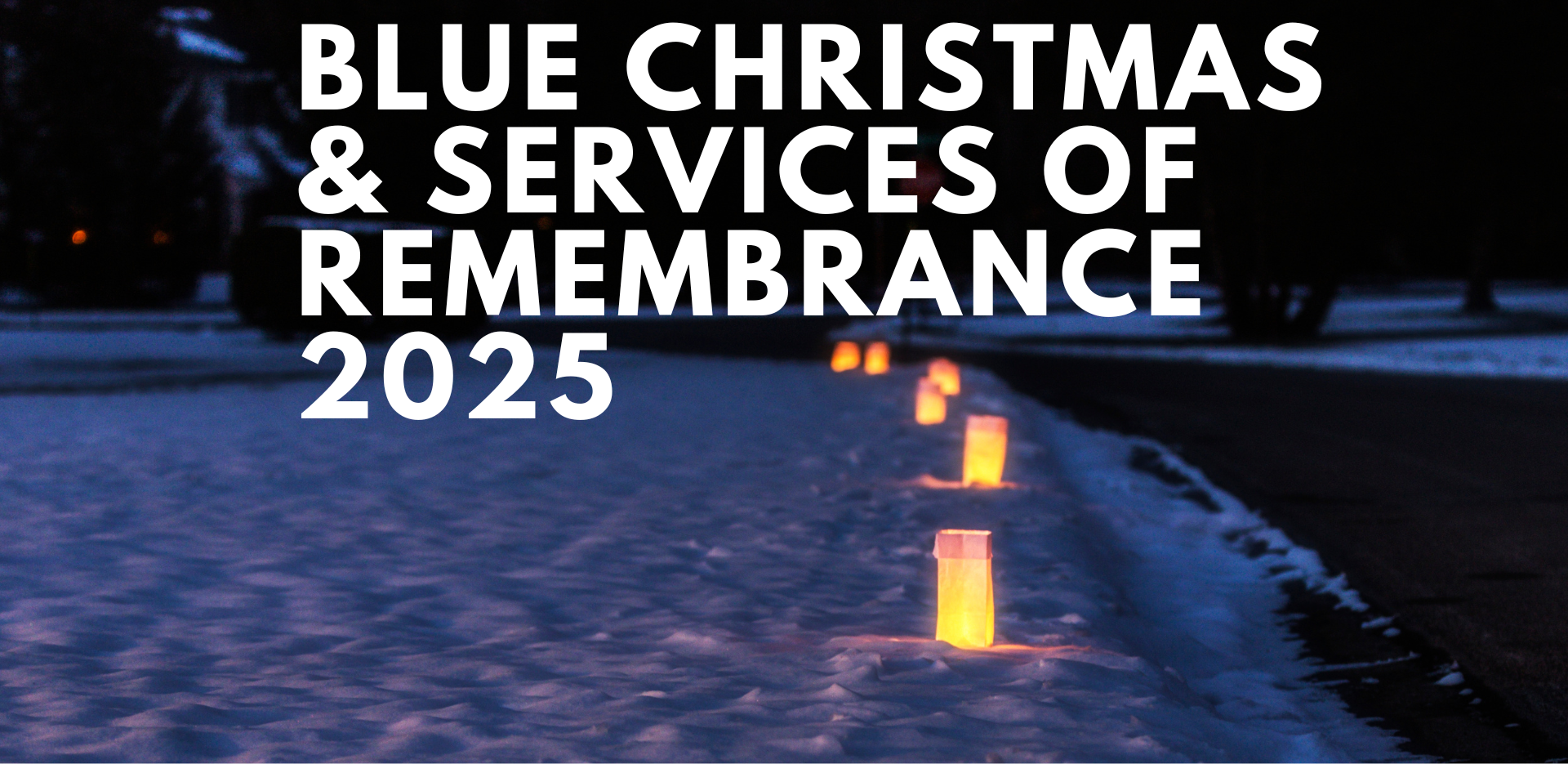The “D-Words”
Language is a powerful tool. The use of a certain word can be appropriate or offensive depending strictly on where you are and what’s going on. We, as a society, are especially careful with our use of language when talking about a weighty issue, like death.
When was the last time you were at a funeral and heard someone say, “Sorry your dad died”? It’s a practical phrase, it expresses sympathy, but hardly anyone ever says something like that because it comes off as being harsh. We go to great stammering euphemistic lengths to avoid the use of the taboo “D-words” such as, death, dead, died, dies. We replace those words with phrases like; passed away, loved-one, and departed.
The deeper issue of why we avoid the use of D-words is a whole other topic, but I just wanted to take a moment and address the language I will be using in this blog. Topics will be addressed in the most honest and practical way possible. In order to do this, I will be dispensing with a lot of the euphemisms commonly used at the time of a funeral.
It is not my intention to seem insensitive, it’s my intention to give you the answers you need in a way that is honest, concise, and informative and I think that speaking in a direct manner is the best way to do that. This language places our conversation somewhere between the way in which I speak to the people we serve and the way I speak to my colleagues.







